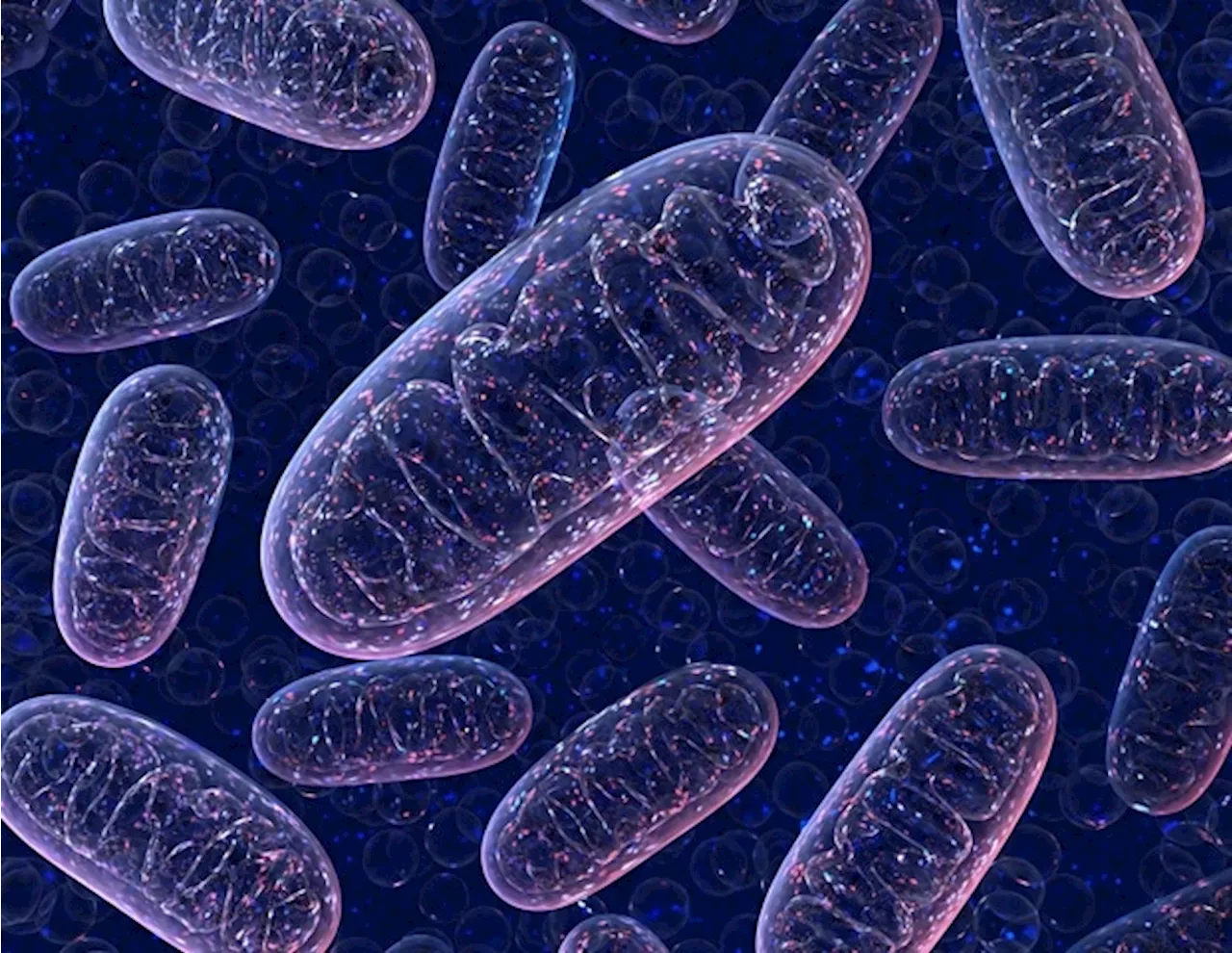Special fat cells known as brown adipocytes help maintaining body temperature by converting calory-rich nutrients into heat.
Ludwig-Maximilians-Universitaet Muenchen Sep 16 2024 This protects from gaining excess weight and metabolic disorders . An international team of researchers led by Professor Alexander Bartelt from the Institute for Cardiovascular Prevention has deciphered a new mechanism that increases respiration and metabolic activity of brown fat cells. The researchers hope that this discovery will lead to novel approaches utilizing brown fat against metabolic diseases.
Brown adipocytes attack fat stores The activation of fat-burning cells makes people lose weight. When it is cold, brown adipocytes extract their fuel from storage fat, as thermogenesis requires a lot of calories. People who train their brown fat through regular cold exposure are thinner and less prone to developing diabetes and cardiovascular diseases." Brown fat cells are particularly rich in mitochondria, the power plants where cellular respiration takes place. However, science does not yet sufficiently understand how brown fat cells boost metabolism such that new therapies could be developed.
Cold stimulates thermogenesis The molecular trick of brown fat cells is uncoupling protein-1, which facilitates that heat is generated instead of ATP, the conventional product of cellular respiration. "The high metabolic activity of brown fat cells must also influence the production of ATP," says Bartelt, "and we hypothesized that this process would be regulated by cold.
"Ideally, we'll find new ways, based on our data, to also restore the fitness of mitochondria in white fat cells, as most people have plenty if not too many of them," concludes Bartelt.Journal reference:Brunetta, H. S., et al. IF1 is a cold-regulated switch of ATP synthase hydrolytic activity to support thermogenesis in brown fat. The EMBO Journal. doi.org/10.1038/s44318-024-00215-0.
Heat Adipocytes Cold Metabolic Disorders Mitochondria Nutrients
United Kingdom Latest News, United Kingdom Headlines
Similar News:You can also read news stories similar to this one that we have collected from other news sources.
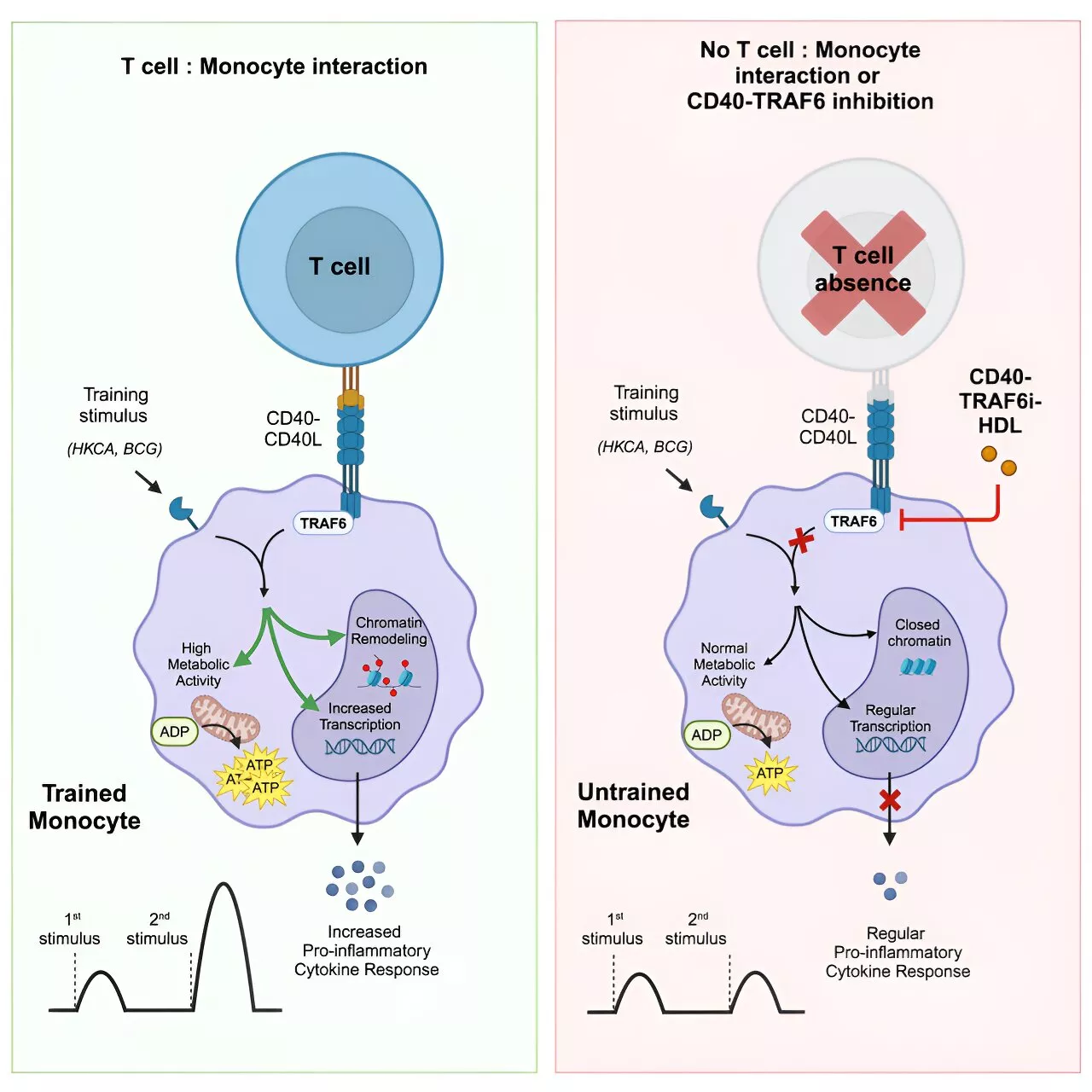 T cells can manipulate the memory of innate immune cells, researchers showResearch from Radboud university medical center reveals that T cells from the adaptive immune system can manipulate the memory of innate immune cells. Previously, it was believed that the memory of innate immune cells operated independently.
T cells can manipulate the memory of innate immune cells, researchers showResearch from Radboud university medical center reveals that T cells from the adaptive immune system can manipulate the memory of innate immune cells. Previously, it was believed that the memory of innate immune cells operated independently.
Read more »
 Researchers identify possible candidates for multipotent stem cells in the sea anemoneThe sea anemone Nematostella vectensis is potentially immortal. Using molecular genetic methods, developmental biologists led by Ulrich Technau from the University of Vienna have now identified possible candidates for multipotent stem cells in the sea anemone for the first time.
Researchers identify possible candidates for multipotent stem cells in the sea anemoneThe sea anemone Nematostella vectensis is potentially immortal. Using molecular genetic methods, developmental biologists led by Ulrich Technau from the University of Vienna have now identified possible candidates for multipotent stem cells in the sea anemone for the first time.
Read more »
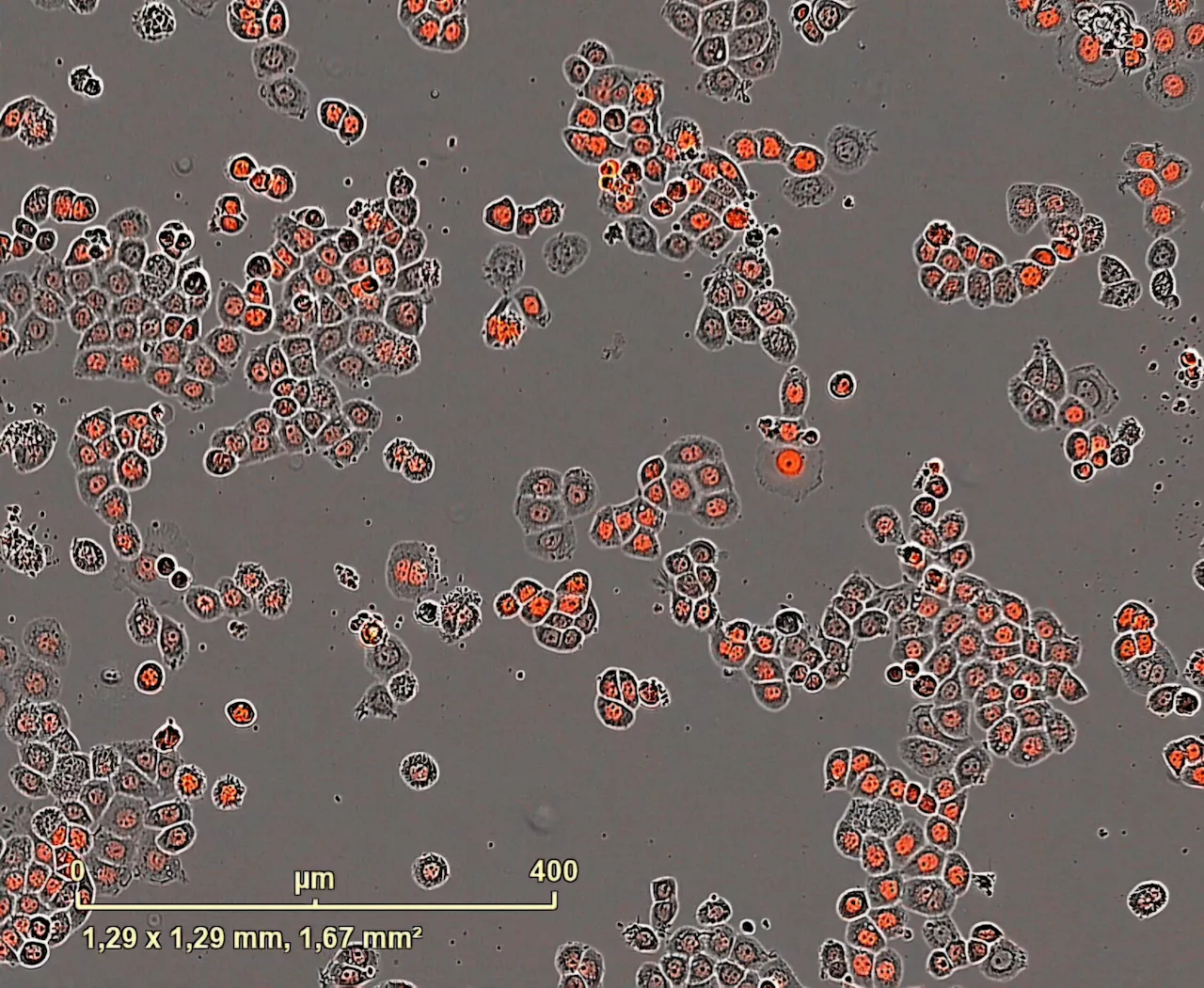 Cancer researchers develop new method that uses internal clock inside tumor cells to optimize therapiesHow effective medications are depends on various factors, including the time of day when they are administered. Why? Because our bodies don't always function exactly the same. Instead, they follow the cycle set by their internal clock, otherwise known as circadian rhythm.
Cancer researchers develop new method that uses internal clock inside tumor cells to optimize therapiesHow effective medications are depends on various factors, including the time of day when they are administered. Why? Because our bodies don't always function exactly the same. Instead, they follow the cycle set by their internal clock, otherwise known as circadian rhythm.
Read more »
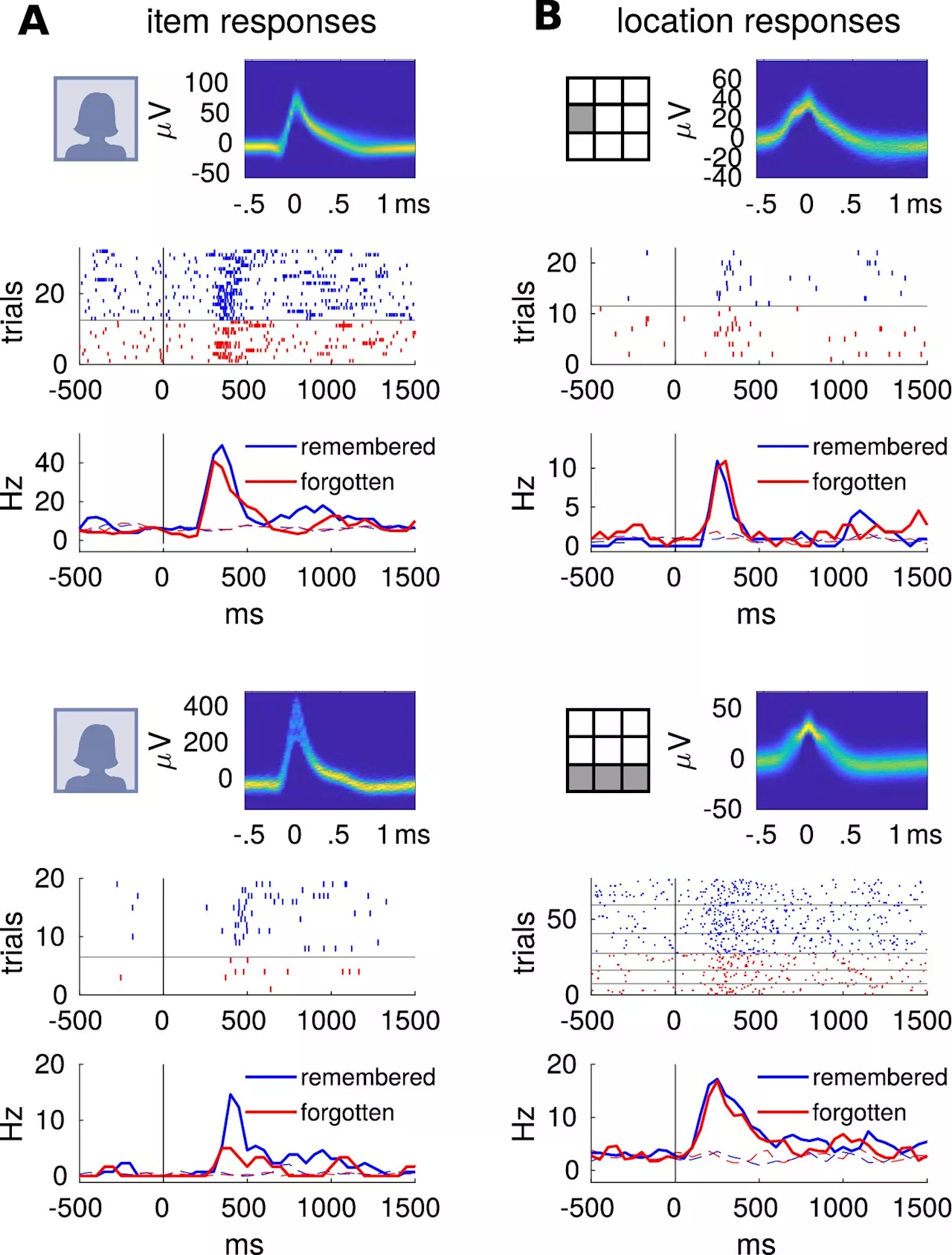 Researchers clarify the function of highly specialized nerve cells in memorySpecialized nerve cells in the temporal lobe react highly selectively to images and names of a single person or specific objects.
Researchers clarify the function of highly specialized nerve cells in memorySpecialized nerve cells in the temporal lobe react highly selectively to images and names of a single person or specific objects.
Read more »
 Inflammation imprints lasting effects on intestinal stem cells, researchers discoverResearchers at Baylor College of Medicine, the University of Michigan and collaborating institutions have discovered that inflammation in the gut leaves long-term marks on intestinal stem cells (ISCs) that reduce their ability to heal the intestine, even after inflammation has receded.
Inflammation imprints lasting effects on intestinal stem cells, researchers discoverResearchers at Baylor College of Medicine, the University of Michigan and collaborating institutions have discovered that inflammation in the gut leaves long-term marks on intestinal stem cells (ISCs) that reduce their ability to heal the intestine, even after inflammation has receded.
Read more »
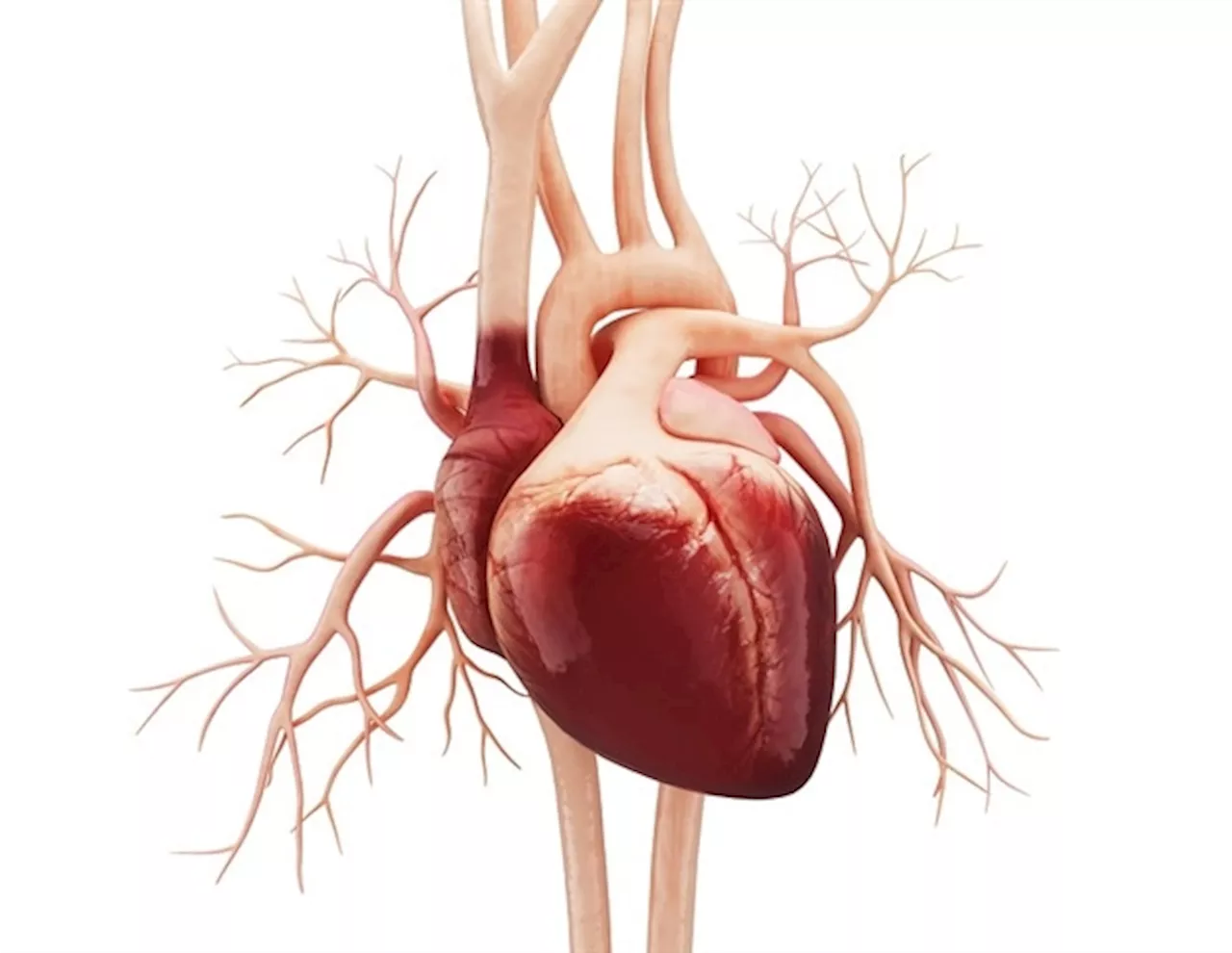 Japanese researchers uncover key mechanism protecting heart cells from ischemiaUnderstanding the mechanisms behind cell death and survival is crucial when it comes to conditions like heart failure, which affects millions of people worldwide.
Japanese researchers uncover key mechanism protecting heart cells from ischemiaUnderstanding the mechanisms behind cell death and survival is crucial when it comes to conditions like heart failure, which affects millions of people worldwide.
Read more »
